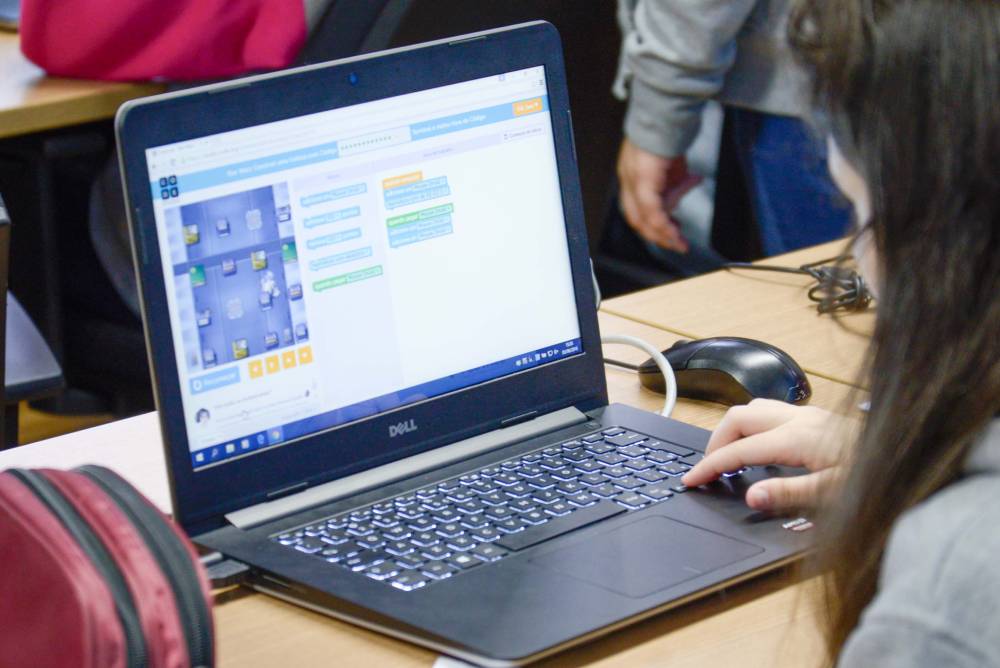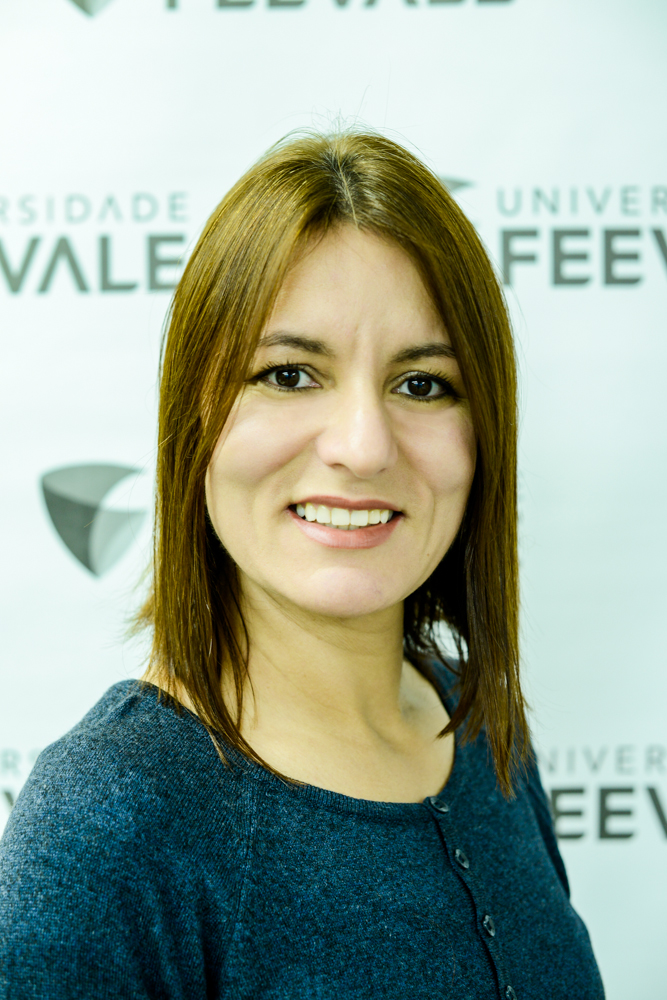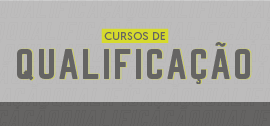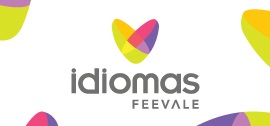
The objective of the project under development by Feevale University is to qualify students of social projects for innovation and technology
For six months, between December 2019 and May 2020, the professor at Feevale University, Débora Barbosa, was at the University of California Irvine (UCI), in the United States, for her postdoctoral work. She worked as a visiting researcher at the California Institute for Telecommunications and Information Technology (Calit2), under the guidance of Professor G.P. Li, director of the center. The institute, which has the state-of-the-art UCI laboratories and their innovation structure, aims to transform applied research at the university into products and services for the community.
Professor Débora's research, which continues at Feevale, may be applied to a project between the two universities. The study, in California, involved the use of digital resources in creative learning spaces, such as the use of Scratch, AppInventor and digital games as digital resources in learning projects aimed at the development of computational thinking. “From the research I got involved in at the UCI, I verified the possibility of doing a work together, in the context of the works that we develop, both in research and in the social project in which I participate, called Teaching Logic with Information and Communication Technologies”, she says.
Débora realized that, at Feevale, her research group and the social project were already developing several of the elements she experienced at the UCI. During the post-doctorate, the researcher worked with professor Kylie Peppler, coordinator of the Criativity Lab, based at Calit2, which develops the Makerspace project.
“The Makerspace project focuses on developing projects aimed at children and adolescents - both in the school environment and outside. These projects involve the development of STEAM (Science, Technology, Engineering, Art and Math) within the concept of maker and creative learning spaces”, Debora explains. The objective is to promote maker and creative training for children and young people, preparing them for the new global challenges that require professionals focused on innovative and creative processes, and with solid training in STEAM concepts.
One of the major problems identified in California, where the UCI is located, is the lack of qualified labor for high-tech industries and companies, and the works in these laboratories are focused on that. “So, in partnership with Professor Kylie Peppler and Professor G.P. Li, I started to design, involving research and extension, a Makerspace proposal for the University”, the researcher says. The proposal will be to act, from the extension project, with the methodologies and practices developed at the UCI. “The objective is to exchange experiences and encourage the training of professionals to work both in our region and in the different fields of work in California”, Débora guarantees.
Initially, the project will be applied in the context of the social project Teaching logic with Information and Communication Technologies, which aims to improve the study of the exact sciences (physics, chemistry, mathematics and logic) for students and teachers of the 8th and 9th grades of the Elementary School.
For me, this work has been quite challenging, mainly because it is linked to a university as renowned as the University of California, and also because I worked at an institute where the main concern is the transformation of the university’s research into solutions for the community, focus that is essential in the moment we are living in”, Débora completes.









